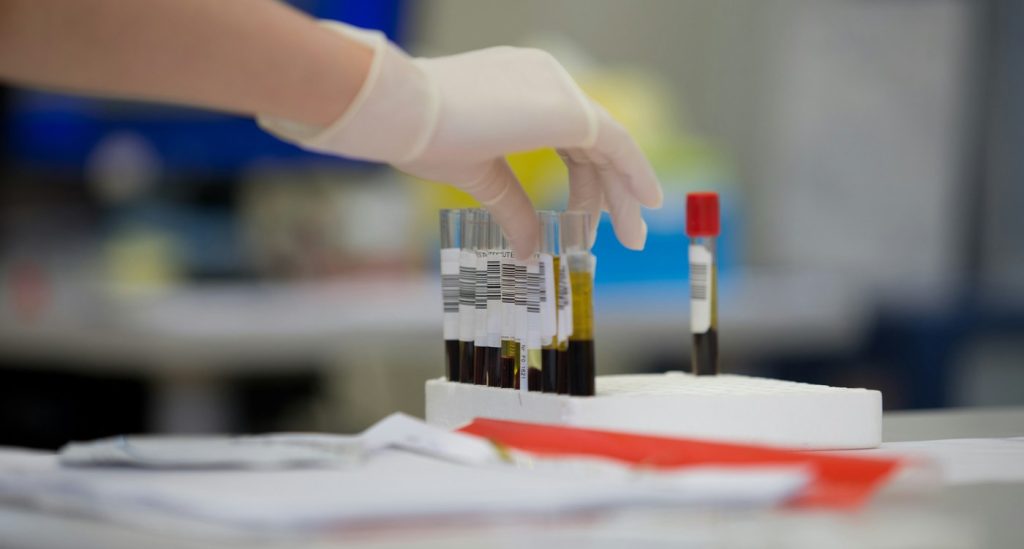In a groundbreaking move towards revolutionizing healthcare, Japan is embarking on clinical trials for artificial blood, a potential game-changer in the medical field. This innovative research could pave the way for overcoming blood supply shortages and enhance patient care across the globe.
In March, Nara Medical University initiated clinical trials to explore the capabilities of hemoglobin vesicles, small artificial cells designed to replicate the oxygen-carrying functions of natural blood. This promising study builds upon earlier trials in 2022, where these vesicles were deemed safe and effective in transporting oxygen throughout the body.
The trials aim to administer between 100 to 400 milliliters of these artificial blood cells to participants, closely monitoring their safety and effectiveness. Researchers are optimistic that, by 2030, this innovation could be ready for clinical use, transforming the way medical institutions manage blood supply.
Blood donation challenges are a global concern, affecting countries regardless of their economic standing. In wealthier nations, approximately 90% of blood supplies come from voluntary donors, but the struggle lies in securing enough donations, particularly from individuals with rare blood types. Meanwhile, lower-income nations often rely on imports to meet just 40% of their blood needs, facing the threat of expiration for donated blood packs within a few months.
According to the World Health Organization, 106 out of 175 surveyed countries report importing all their blood plasma-derived products, which are critical for treating various health conditions. The disparity in blood usage also varies with income; wealthier countries utilize more blood donations for older populations, while poorer regions typically focus on treating young children.
Japan faces a unique predicament. With a declining birth rate and an aging population, the country realizes the pressing need for sustainable blood supply solutions. Artificial blood emerges as a priority, aiming to ease the future burden on a diminishing working-age populace.
Professor Hiromi Sakai from Nara Medical University has spearheaded research into synthesizing artificial blood using hemoglobin extracted from expired donations, encased in protective shells. This innovative method eliminates the necessity for blood type matching, simplifying the transfusion process.
Another exciting development comes from Chuo University, where researchers are exploring encapsulating hemoglobin in a protein derived from albumin family. Their studies show promise in stabilizing blood pressure and treating critical conditions such as hemorrhage and stroke.
The urgency for this advancement resonates not just in Japan, but worldwide. If Japan’s researchers triumph in this endeavor, it will mark an extraordinary milestone in medical history and potentially save countless lives.
SHARE this inspiring news about the future of artificial blood coming from Japan!
If you would like to see similar good news stories click here & Share this to brighten someone’s day.





